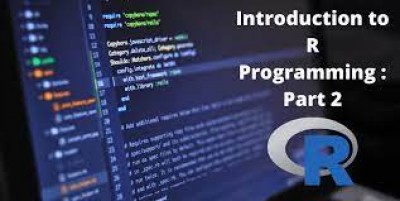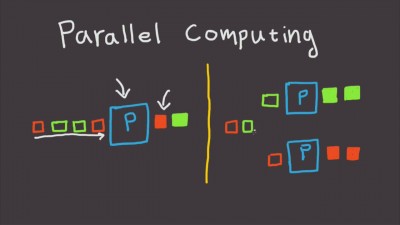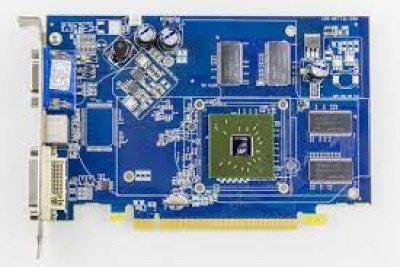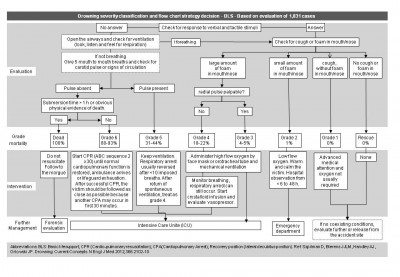Hadoop Administration
Overview Hadoop Administration - Hadoop YARN Tutorial |Hadoop YARN | Hadoop YARN Configuratio- Hadoop Administration - Hadoop Cluster Setup On Centos | Apache Hadoop Installation - Introduction to Hadoop Architecture - Demo On Hadoop 2.0 Cluster Architecture Federation - Name Node High Availability With QJM (quorum journal manager) - Hadoop Admin Jobs and Responsibilities - Demo On Hadoop Configuration - Demo On Kerberos - Hadoop Administration - NameNode Recovery Vs Failover | Hadoop Administration - Virtual Machine Configuration Setup | Hadoop - Demo on Hadoop Installation - Hadoop Perfomance Tuning | Demo on Hadoop Performance Using Mapreduce Execution - Hadoop Cluster - Planning and Managing - Hadoop Administration - Hadoop Admin Tasks & Responsibilities
English
Last updated
Wed, 15-Jun-2022



















